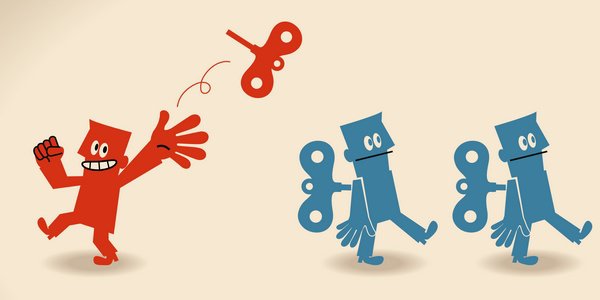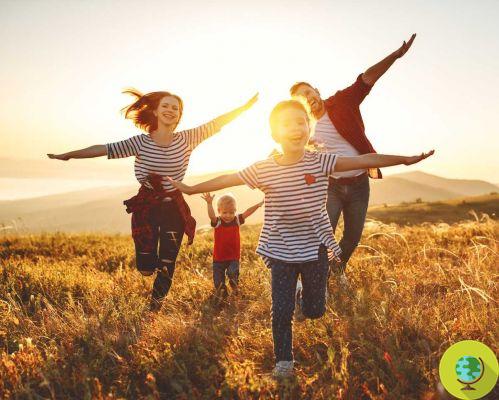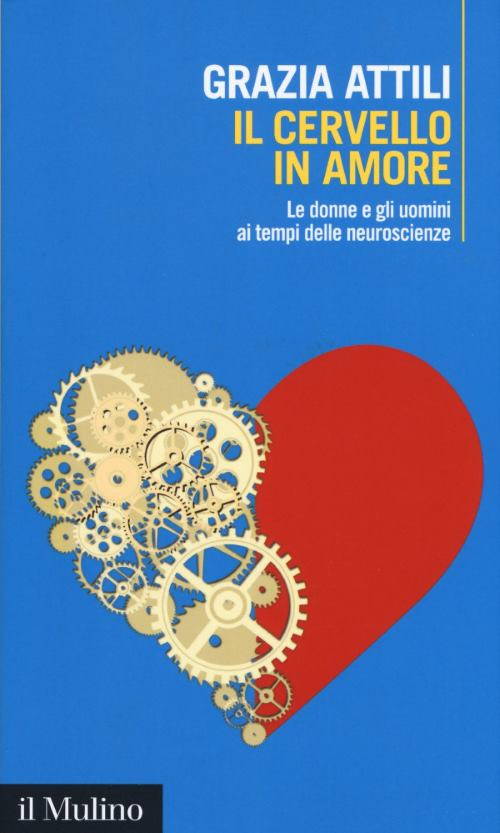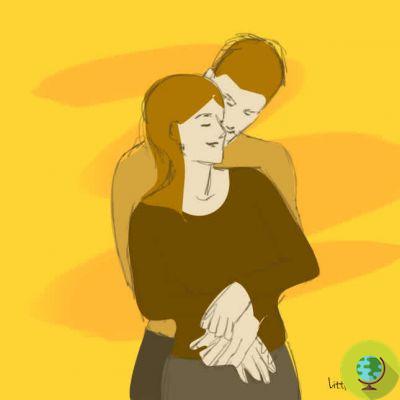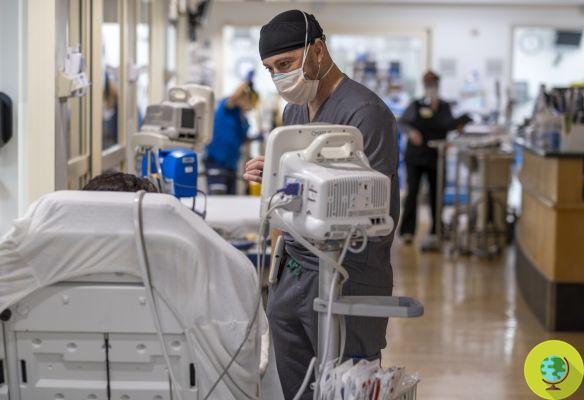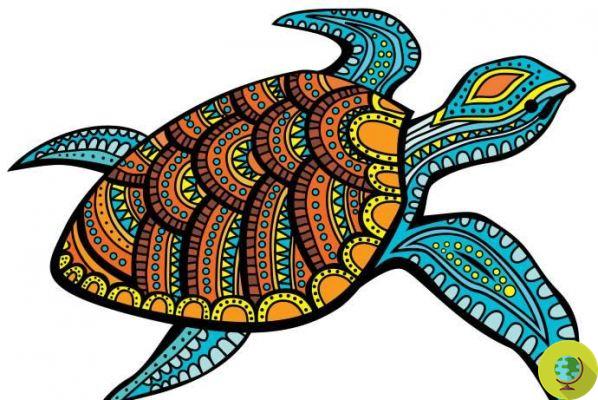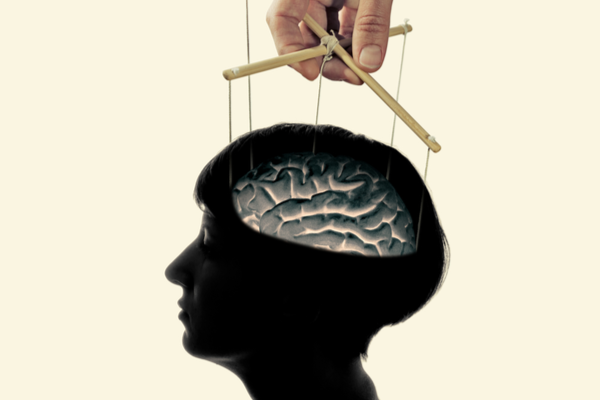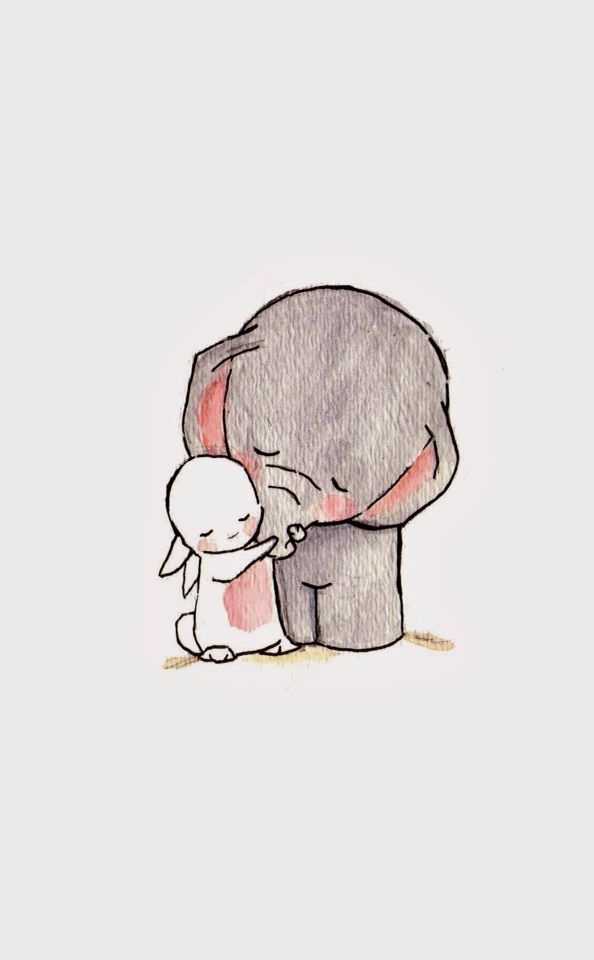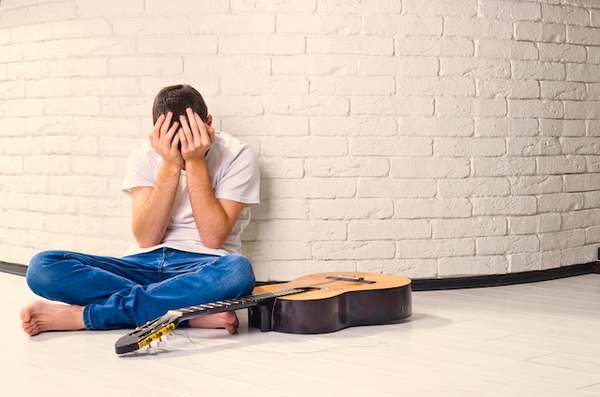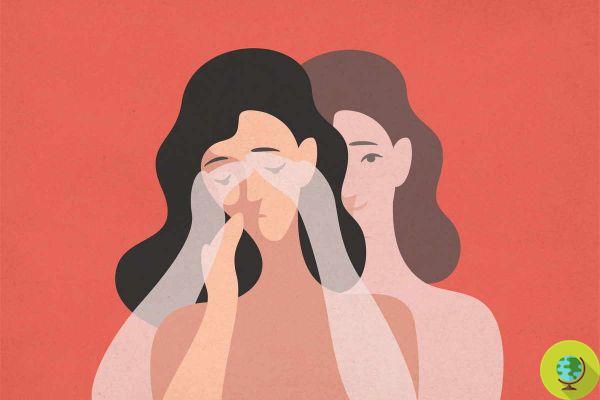
At the time of the Covid-19 pandemic, hugs are a mirage and making friends has become increasingly difficult.
At the time of the Covid-19 pandemic, hugs are a mirage and making friends becomes increasingly difficult
When we hug or receive a hug, we fight stress, reduce anxiety and raise the level of oxytocin, which improves our mood and reduces the risk of depression. Additionally, a hug improves the immune system, heart rate and promotes tissue oxygenation, preventing premature aging.
The pandemic has further aggravated a public health problem that had already been announced for several years. According to a new study conducted by the British think tank Demos, 25% of adults have not been hugged for more than a year, 37% have not received one for at least six months, and about 32% of adults believe they are now there. fewer opportunities to establish new relationships.
The survey of 1.000 UK adults in May also revealed other really troubling numbers: 64% of respondents said they hadn't made new friends for six months and 44% said they hadn't made any new friends for over a year. 13% of respondents also said that they are not asked how their day went and that they have not spoken to neighbors for six months or more.
Although 23% of respondents said they believe that today there are more opportunities to make friends due to the openings to restrictions due to Covid-19, unfortunately for Polly Mackenzie - executive director of Demos and author of the study - for many people the problem of loneliness will not go away when restrictions begin to ease and that the fight against loneliness must remain a priority for all.
Community resilience
Demos warns that there is a "huge risk" that community resilience and the union born and seen mainly during the first lockdown, in which relationships have strengthened in a time of crisis on a scale not seen for generations, be lost.
Our new research shows worryingly how the gains we made in community relationships at the start of the pandemic are likely to be lost. If we want to emerge stronger from the pandemic, we need to reinvent our public services for the XNUMXst century as a way to strengthen our communities, relationships and social capital, ”Mackenzie explained.
7 tips to fight loneliness
Harvard Medical School psychologists have shared seven everyday tips to help us overcome the emotional deprivation of the pandemic:
- Try to connect with family or friends in the best way for you.
- Focus on what you can change. Spending a lot of time ruminating on the current situation can increase and prolong loneliness. Better pay attention to something you can control and go that route.
- Remove the negativity. Surround yourself with people who produce satisfaction or spend time on something that produces happiness. And smile, because with this simple gesture you will immediately feel better.
- Have fun when you are busy. Doing homework, writing for a while, finding a new hobby, or just getting carried away with a new activity are good options.
- Be kind, understanding, and patient. If we treat both ourselves and others with compassion, we will have enjoyable interactions that can help those around us and help deepen relationships.
- Follow a routine that provides balance. Plan a daily schedule that includes physical activities, time to socialize with the people you love most, a project or hobby, and time to relax.
- Be grateful. Loneliness can lead people to focus on themselves and their difficulties. Try to express what you value about your friends, family, or even strangers when the opportunity arises.
Follow your Telegram | Instagram | Facebook | TikTok | Youtube
Read also:
- When our children hug us they are trying to tell us something important (especially now)
- Covid has taught us the true value of hugs (and how much we need them)




